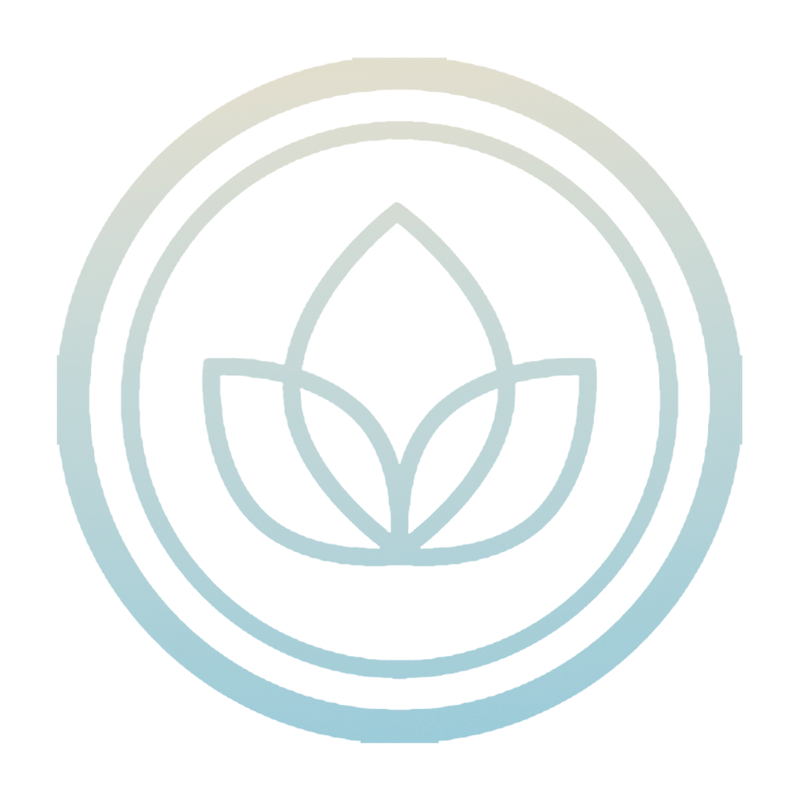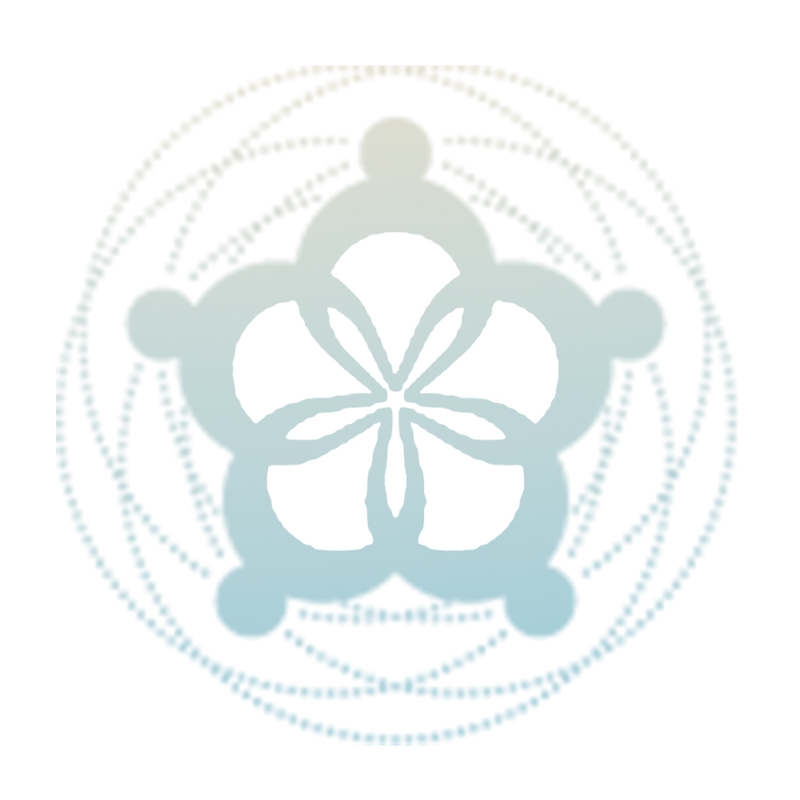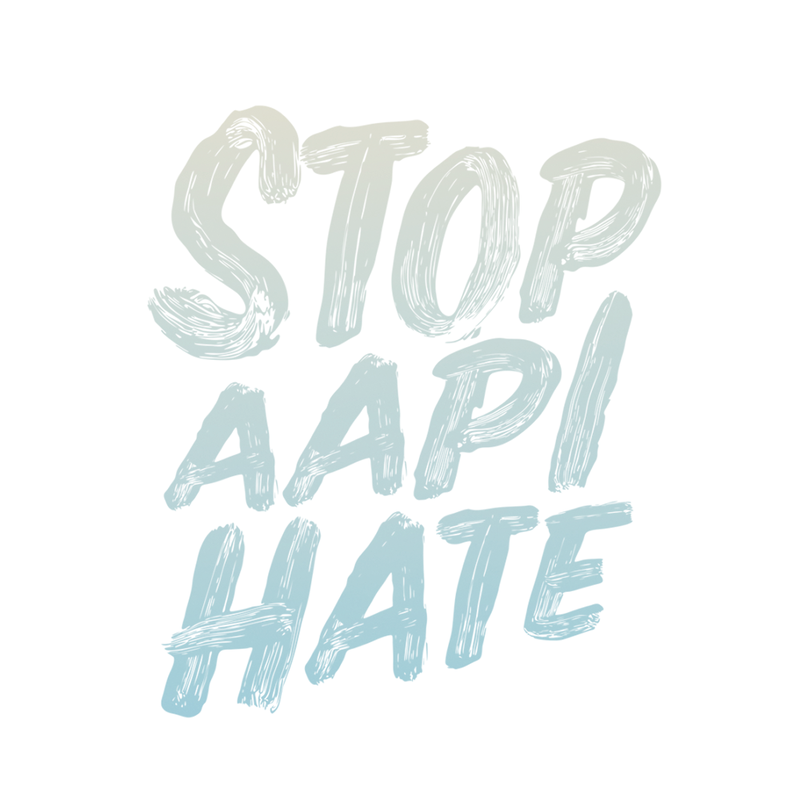Solidarity & Solutions: Asian American Women on Where to Go From Here
The AAPI community is hurting. Here, six Asian American women who are leaders in their fields share the solutions they believe will help stop Asian hate.
Coughed and spat on. Harassed online. Verbally attacked. Physically assaulted. Killed. Over the past year, the Asian American and Pacific Islander (AAPI) community has experienced an alarming surge in racist attacks and hate crimes—3,795 from March 19, 2020 to February 28, 2021 alone, according to Stop AAPI Hate, and that's only what's been reported. Three thousand seven hundred and ninety-five.
The shootings in Atlanta, Georgia, on March 16, which resulted in the deaths of eight people, six of whom were Asian women, was a horrific culmination of the injustice the AAPI community has faced throughout the COVID-19 pandemic. But let us be clear: This injustice is not new. Historically, Asian Americans and Pacific Islanders have been directly impacted by racist policies while often balancing a type of invisibility and hypervisibility. As Ellen Wu, author of The Color of Success: Asian Americans and the Origins of the Model Minority tells Marie Claire, "The hypervisibility part has really come to the fore during the pandemic in the sense that—as these incidents have demonstrated—when we encounter other folks, people associate certain kinds of people who look a certain way with the 'China virus.'" That, coupled with the fact that often "Asian Americans feel like they're invisible or insignificant to other people," has created a tension that the community is forced to confront on a daily basis.
Today, we aim to amplify the voices of the AAPI community by focusing on solidarity and solutions. There, of course, isn't a quick fix for racism. But there are steps that we can take as a society to protect, empower, and uplift our AAPI brothers and sisters. Marie Claire asked six prominent Asian American women to share, in their own words, the future they envision for Asians in America and the change they'd like to see. These women do not speak for the entire AAPI community, but they each bring a unique perspective to the conversation, one that's long overdue.
Kyung Lah, CNN Senior National Correspondent
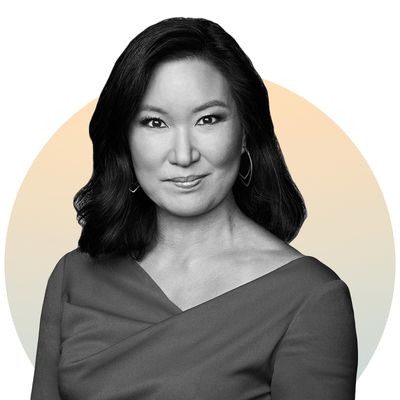
On the Need for Proper Reporting of AAPI Hate Crimes and to Tell Asian Stories
"[The day of the Atlanta shootings], strangely, I had off, so I was responding to it as a viewer. It was surreal. It was my children's spring break, and we were at a little beach in Santa Barbara. I really wanted to work. If I didn't have kids, I would have jumped in my car and driven to the nearest airport.
As a reporter, we often don't cover Asian Americans because there's no data set to talk about Asians. For example, I covered the Georgia Senate runoffs and basically lived there for two-and-a-half months. One of the stories that the network wanted me to do was how this fast-growing minority of Asian Americans had helped flip the state of Georgia [blue]. I needed a data set to talk about the influence of Asians, how many there are, what they were registered as, how they voted.
But there was no data. No one took any data.
Get exclusive access to fashion and beauty trends, hot-off-the-press celebrity news, and more.
The only people tracking how Asians voted were Asian advocacy groups, and mainstream media cannot rely on racial advocacy groups. Part of it is because they may not be completely unbiased. But if no one else is [collecting data], who are we supposed to rely on? The organization that every single publication in the country is citing right now is Stop AAPI hate; they are a racial advocacy group. We need proper data in order to track and to follow and to report on Asian Americans. Right now, we're failing miserably.
We need proper data in order to track and to follow and to report on Asian Americans. Right now, we're failing miserably.
The police departments often don't track hate crime data in the same way that they don't track officer-involved shootings, especially when they involve Black Americans. It is a self-reporting pattern. They have to report that data to the FBI, but that's an inaccurate and incomplete data set. There has to be some uniform set of reporting done by the agencies who are in charge of investigating and collecting this information. There have been a number of attacks [on the AAPI community] that mainstream media has ignored because we didn't understand the [scope of the] problem.
Also, I think that we need to stop this chat (and I think Asians are just as responsible for this as any other race) that’s like, 'Oh, well, we can't talk about this because Black people have it that much worse' or 'Latinos trying to immigrate have it that much worse.' The whole 'we shouldn't say anything' or 'we shouldn't cover it because it's not as bad as how someone else has it'—we keep playing the people of color comparison game. That's got to stop.
I feel like I've learned myself through this, and I hope that in me figuring things out slowly that I'm mirroring what my community, which is this country, is starting to figure out slowly. It's not going to be perfect. I know I'll mess up. But we just have to keep going at it."
Mazie K. Hirono, U.S. Senator (D-HI)
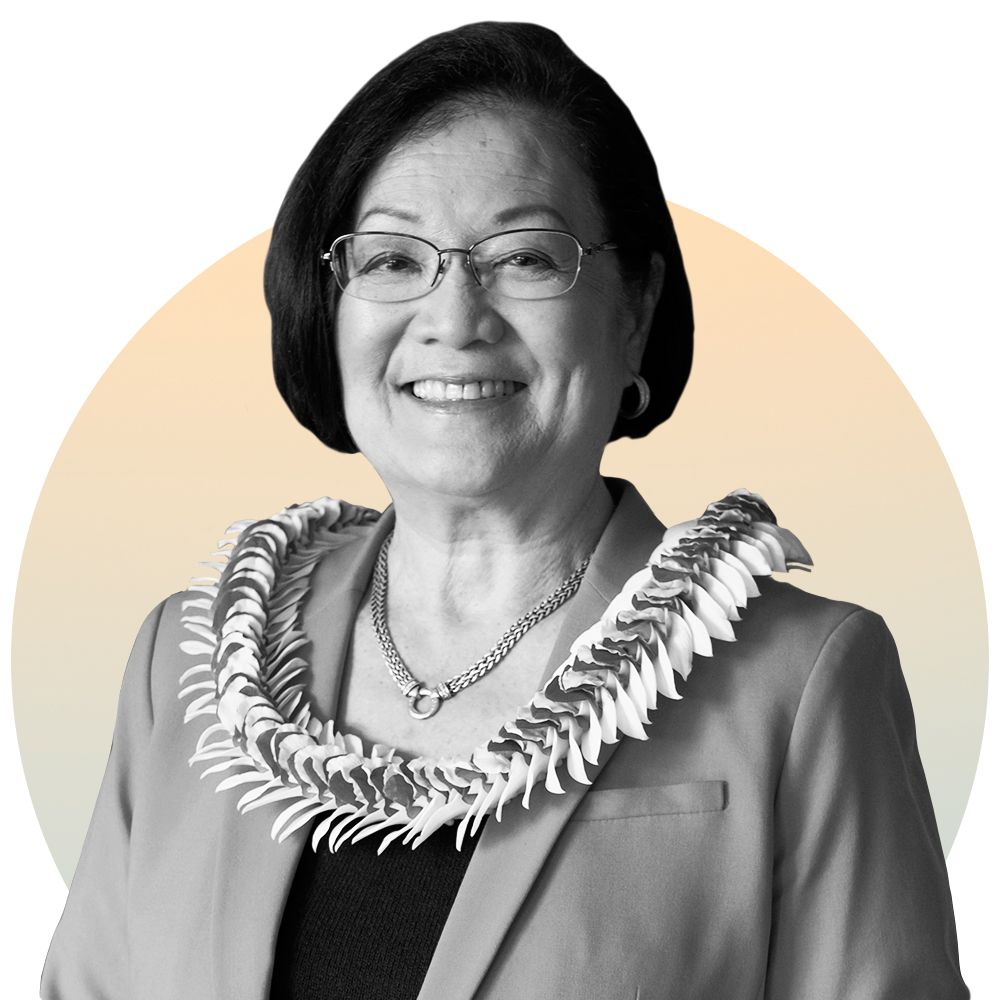
On Policy Proposals to Prevent and Address Hate Crimes
"President Trump made references to the 'China virus' and his administration called it 'kung flu.' One wonders if, without the pandemic, whether the kinds of racial hatred exhibited against Asians would have gotten the kind of attention and media play [it has].
Hate crimes are underreported. If you're an Asian person walking down the street minding your own business and somebody comes up to you and spits on you, what are you supposed to do? Is it likely you're going to report it? You don't even know that you should report it or who you should report it to. I think it’s very important that we recognize when leaders do not condemn this kind of action against any group. This time it’s the AAPI community, but there are other times when it could be Muslims that are targeted.
One of the bills U.S. Representative Grace Meng (NY-06) and I have introduced is the COVID-19 Hate Crimes Act, which I hope we can get bipartisan support for. In my view, it's not a terribly controversial step to take. It requires the Department of Justice to designate a DOJ employee to assist with an expedited data review of COVID-19 hate crimes reported to federal, state, and/or local enforcement. And then it requires the DOJ to provide guidance for state and local law enforcement agencies to get the word out to the communities, in language that the communities can understand, as to how they can report these crimes.
This is the kind of information that should be obtained so that we can understand the depth and breadth of this problem nationally. There are a lot of places that do not even identify a crime based on whether or not it's a hate crime. And I would say a prime example is what happened in [Atlanta], where you have the Sheriff's department allowing the shooter to create the narrative. That’s crazy.
If you're an Asian person walking down the street minding your own business and somebody comes up to you and spits on you, what are you supposed to do?
As an Asian person, I'm much more aware [walking around] because these targeted attacks against Asians are random and unprovoked. But as Senator Cory Booker (D-NJ) told us, this is [Black people’s] daily existence.
Where do you start [with solutions]? Racism is learned, so I think our education system has a role to play to make sure that young people understand things like empathy, which can be taught. Civil education can be strengthened throughout our school system. And then when it comes down to the commission on these types of crimes, they should be prevented, and that's one of the reasons that we want to get the kind of information that our bill calls for. Prevention—you need to know what the depth of the problem is—and prosecution are important aspects [of the solutions].
I know that there are voicemail messages, emails, and social media postings against me. They're very misogynistic descriptions of statements like, 'go back to where you came from' and references to me as 'Tokyo Rose.' Why do people think that it's okay? There are big societal, cultural, and attitudinal issues out there that relates to why people behave in this way. One must start somewhere, and that's why I'm starting with this bill. We have to speak up and fight back."
Lana Condor, Actress
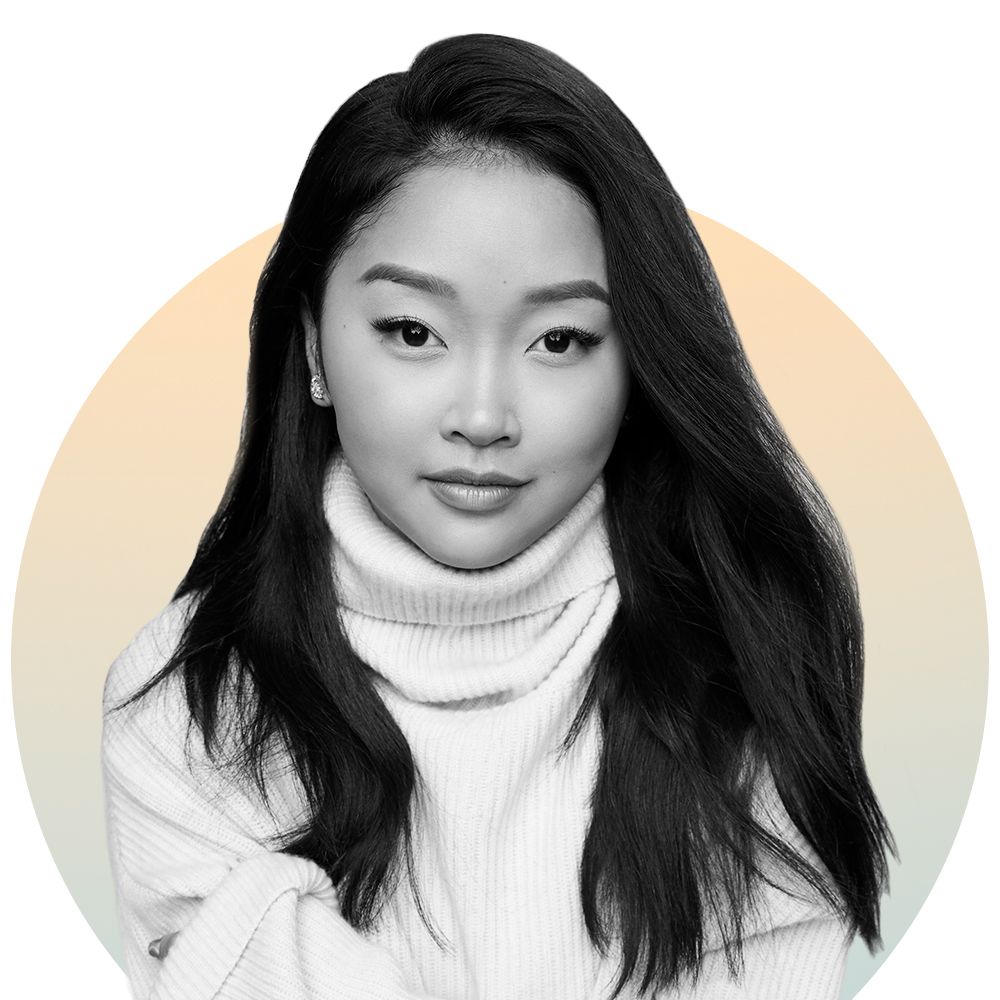
On Hollywood's Role in Perpetuating or Eliminating Asian Racism On Screen
"I'm adopted; my parents are white. My boyfriend is white, and his family is white. They can provide as much support as possible, and they can love you and say that they're sorry, but, ultimately, with what has been happening, you really do need to be able to grieve with people who look like you. So, [the week of the Atlanta shootings] was really tough because I felt like there was so much happening, and I felt very isolated without a community. On top of that, I felt very afraid.
Maybe because I grew up differently, but the rise in hate crimes against Asian Americans really is a huge eye opener for me as well. It has only—I wish it wasn't this way, over this type of circumstance—furthered my deep sense of pride for being Asian. It has made me more proud and more unapologetic for who I am. My mom cuts out all of these articles that she's been reading about how to be an ally and how to support the community during this time and how to educate yourself on the history of Asian American racism in this country. That’s her way of showing me that she's actively trying to figure out where we can go from here without putting all of the responsibility on me to tell her, which is just the most awesome thing that anyone could be doing right now for their Asian brothers and sisters.
The recent events have brought up so many memories of racism in my world that I just—maybe as a survival instinct—packaged them up and shoved them deep down. Early on in my career, a friend of mine, who's an actor, was like, "I'm doing this movie. One of the actresses dropped out. Would you be in this indie movie with me?" So I said, "Yeah, you could tell [production] I'm interested." My friend said, "We'll get you a script. But I think the writer is going to want to rewrite the part for you." [The character] was this very sweet orphaned girl, a bit of a runaway, who's dealing with a lot. It sounded like a really awesome, fully fleshed-out character. Then when I got the rewrite, they had made her into this small, sexy Asian prostitute. The character had none of the softness or humanity that the original role had, and it had everything to do with exploiting her sexuality: [creating a] truly fetishized version of an Asian woman. I turned down the role.
The rise in hate crimes against Asian Americans has only—I wish it wasn't this way, over this type of circumstance—furthered my deep sense of pride for being Asian.
There is a whole other aspect of what it means to be on screen as a woman of color. I think [I realized] this in my first job: X-Men. When the press release came out, there was an overwhelming amount of support and excitement that an Asian mutant was going to come into the universe. Right off the bat, it was very clear to me that part of my job as an actress is to represent my community. Hollywood has been, unfortunately, a huge part of building this narrative for Asian people that is highly racist and offensive. I will say, though, that I'm seeing change. Every day when I talk to new producers or new people or see new projects, I'm very hopeful.
I think it’s taken so long for people to understand the magnitude of what’s happening to our community because there's a lot of that false narrative of 'the model minority.' [But] we should be able to feel comfortable enough to take up the space that we deserve. The biggest thing that you could do to help fight racism is talk about it within your circles and then [emphasize] how important it is for them to talk to their family and their friends. Acknowledging there is a problem. Acknowledging that people are living in fear right now. Then catching microaggressions and calling them out. Being like, "Listen, this is not okay. Like, you can't keep getting away with this." You have to be brave because you can't depend on other people [to stop it]. It starts with you, then hopefully other people will follow."
Ellen Wu, Author & Associate Professor of History at Indiana University
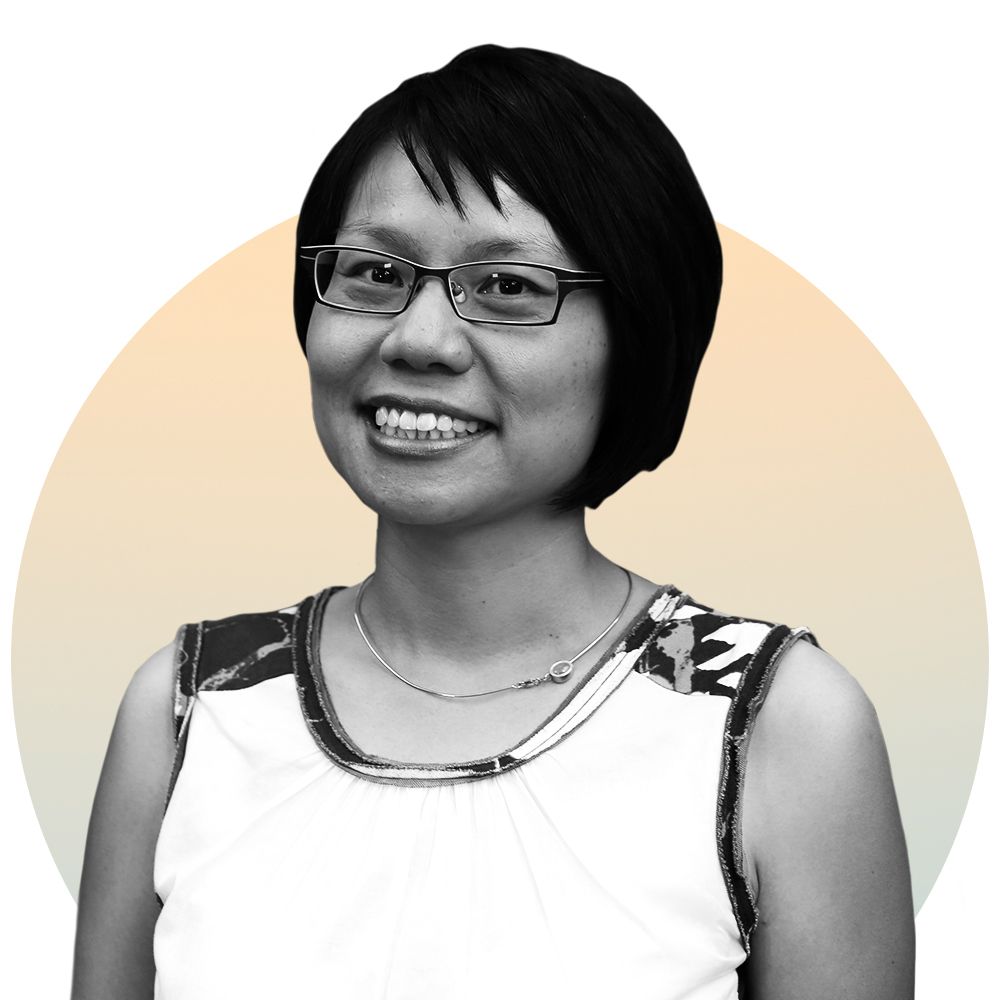
On Acknowledging the History of Asian Racism and Misogyny in America
"I'm definitely not surprised that these attacks have been happening. It was so awful and yet it was so predictable. What I am encouraged to witness over the past week or so in terms of the conversation is how we're starting to hear from voices that aren't usually spotlighted. So, voices of community organizers who have been doing this on-the-ground, sustained, decades-long work in Asian American communities, especially working class communities and urban communities, to combat anti-Asian violence. And also just the precarious conditions of working people, including sex workers, and the social welfare of our communities, including elderly folks. I don't think any of this attention would be happening if it had not been for the long-term organizing of Black folks and the Black Lives Matter movement and what we saw last summer.
My first book, The Color of Success, is a history of the so-called 'model minority myth' of Asian Americans as the 'good people of color in American society,' i.e. hard-working, upwardly mobile, quietly assimilating into whiteness. In that book, I trace the emergence of that stereotype, which, in fact, was this really stunning makeover of Asian Americans who were, before World War II, widely thought of in American society and culture as a 'yellow peril' or 'brown hordes' in the case of South Asian Americans.
These assumptions that Asian Americans are the model minority have long obscured real material day-to-day problems, like poverty, disparities of health care, pay, and, as we know, anti-Asian violence. It's either people assume Asian Americans are the model minority and don't have these problems, or people have used that stereotype to justify ignoring those problems. Asian Americans have to essentially try to 'prove' over and over again that they are people of color who shoulder the burdens of white supremacy in very specific ways, but some of which overlap with other communities of color.
It’s very hard to think about how we solve this problem [of hate and racism against the AAPI community], but at least we're asking that question. For Asian Americans who live in certain places where there are not many Asian Americans, part of [the solution] comes in at the most basic level of recognition that this is happening and it’s a problem. There needs to be concrete mechanisms in place to support Asian Americans, not only in terms of the anti-Asian key incidents, but even that voting rights for all people are guaranteed. What happened in Atlanta reminds us that working-class communities and poor communities are the most vulnerable right now. This is a larger social safety net issue.
Society usually just thinks about what Asian women are good for and not what is good for Asian women.
I feel conflicted about the education [component]. A lot of people are talking about education as being important and I do in my heart believe that [it is], especially because I'm an educator. On the other hand, I am also witnessing in real time how the most educated people refuse to acknowledge what has happened as anti-Asian racism and misogyny. These are white liberals, essentially. We've also seen the educated conservative far right intentionally undermine, gaslight, or reproduce this type of racism and misogyny.
The one [solution] I will really emphasize is going deep locally. A lot of it is behind-the-scenes relationship building and policymaking. That’s how to get to the long term destination. A lot of that labor, including emotional labor, happens behind the scenes. For instance, other women Asian American professors that I'm talking to are doing a ton of emotional support for our students. That is not the stuff that you get promoted on or a pay raise from. But it's so important that we at least recognize that it is labor and that labor has value.
I've been dominated by rage in the past week, on top of sadness, but I think the rage comes out of thinking about how society values Asian women. Society usually just thinks about what Asian women are good for and not what is good for Asian women. That's because other people don't place a lot of value on us, but I'm hoping this is a moment where we can try to turn that upside down."
Wu is a founding member of the Indiana chapter of the National Asian Pacific American Women's Forum (NAPAWF), which recently launched a petition asking Indiana Governor Eric Holcomb to recognize and condemn AAPI hate crimes. Sign it here.
Tina Tchen, President & CEO of Time's Up
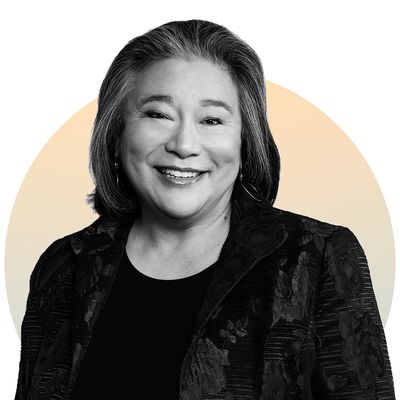
On the Fetishization of Asian Women and Investing in AAPI Communities
"The discrimination that Asian Americans, particularly Asian women, face in this country is nothing new. The hyper-sexualization and fetishization of Asian women has gone on for generations, dating back to the original Page Act in the 1800s, which was the United States’ first anti-immigration law and was directed at Chinese women under the assumption that the only reason they would be coming to the U.S. is to become sex workers. I think anybody who's an Asian woman has experienced [sexual fetishizing]. I have: Men who stop you on the street because you remind them of the girlfriend they left behind in Japan, Korea, or Vietnam. It’s that assumption that they can then do or say whatever they want to you.
Yet oftentimes, [the violence or harassment toward Asian American women] is not seen as a hate crime because we have this very narrow view of what a hate crime is. Crimes against Asians, crimes against women—we don't see those as hate crimes because they don't fit the paradigm that we have in our heads. The FBI is claiming there's not enough evidence to say the attack in Atlanta was a hate crime. But [the shooter] said he was motivated, according to his reported words, by a sexual compulsion. He has that sexual compulsion because of this hyper-sexualization of Asian women. [That’s why he] targeted establishments that advertise themselves to be Asian-owned or have Asian women working there. That means it's racially motivated, but in our narrow view of what racial discrimination and a hate crime looks like, it doesn't fit. I suspect it is [not the words of the law] that needs to change, but the understanding and the attitudes of how we actually read those words.
Crimes against Asians, crimes against women—we don't see those as hate crimes because they don't fit the paradigm that we have in our heads.
That’s why Time's Up is part of a coalition of organizations that have written a letter to the Biden administration and asked for an investment of $300 million into AAPI communities to support services for survivors, businesses, economic assistance, and to create a task force dedicated to addressing issues in the AAPI community.
Something else we really need to do is build better places where people can work. To do that, you need to have truly equitable representation and eliminate the barriers that are keeping Asian women, other women of color, and LGBTQ+ workers from succeeding in the workplace—like access to caregiving. Of course, we also want to encourage diverse hiring. Are you valuing people and paying them fairly based on the job that they do, not based on what they look like, or whether they have an accent, or whether you want to take them out on a date?
The important thing that people need to understand is what Asian women in particular are experiencing right now is directly related to the racism and misogyny that we saw play out on January 6 and that we’ve seen play out within the white supremacy movement. For example, the Charleston church shooter had incel material on his computer and was someone who spoke about being rejected by women and playing out his misogyny. All of these sentiments are directly related to each other. That’s another reason why we can't have this narrow view of what's a hate crime.
What keeps me hopeful—notwithstanding the challenges that are in front of us—is that there's awareness. What happens when you have events like George Floyd's murder, or the pandemic, or the Atlanta shootings is that people learn. From there, it becomes an opportunity to make some transformational change. I think we're in that moment."
Ai-jen Poo, Executive Director of National Domestic Workers Alliance

On Protecting Asian Women in the Workplace and Beyond
"Immediately, we must make sure that victims [of the Atlanta shootings and other hate crimes] and the family members of victims have the support and mental health services that they need to heal. In the Asian and Pacific Islander community, there are dozens of languages and cultures, and the most impactful mental and emotional health services are services that are culturally relevant. To be able to have health care professionals who speak the language and understand the cultural context that victims and survivors have emerged from is essential to the impact of those services.
Then, it's about looking at the policies, systems, and programs that can start to address the root causes of why Asian and Pacific Islander women are vulnerable to begin with. Asian women are disproportionately concentrated in essential jobs that are on the front lines of the pandemic response. In the care economy, women of color are and have always been disproportionately concentrated, and we also disproportionately rely on those services. As a country, we've never fully invested in access to childcare, paid leave, long-term care, or paid sick days. Jobs in the care economy, like nannies or home care workers, [earn] poverty wages; many don't have health care, don't have a safety net, and don't even have job security. Eighty percent of domestic workers came into the pandemic without a single paid sick day. It's almost impossible to keep yourself safe and healthy and take care of your families while working in this part of the economy.
This intensification of the attacks has galvanized our organizations and our communities in a new way.
We could change that. We could raise wages. We could make paid sick days and paid leave accessible to all. We could make home care accessible to everyone who needed it. Additionally, many immigrant women of color, including many Asian and Pacific Islander women, have been trapped in undocumented status for years. They have families here. They have full lives. They work and support other families. Yet, they live in fear of being separated from their own families because they don't have the status. We could create a path to citizenship for those workers, and I certainly hope that that is what we do. These are policy decisions that could be made, literally today, that would transform what is possible for Asian and Pacific Islander women and other women of color.
[The past year] has really catalyzed the community. Our communities are resilient and have always organized and responded to anti-Asian violence. This intensification of the attacks has galvanized our organizations and our communities in a new way. The fact that we also have leaders in Congress who can really lead on policy responses and use their bully pulpit to talk about what is happening in our communities is really important. The fact that Asian and Pacific Islander women mobilized to vote this year and are looking for multiple ways of having their voices heard is a reflection of the growth, of the strength, and of the capacity in our communities to respond and to lead. That gives me hope."
Interviews edited and condensed for clarity.
AAPI Organizations to Support
Megan DiTrolio is the editor of features and special projects at Marie Claire, where she oversees all career coverage and writes and edits stories on women’s issues, politics, cultural trends, and more. In addition to editing feature stories, she programs Marie Claire’s annual Power Trip conference and Marie Claire’s Getting Down To Business Instagram Live franchise.



